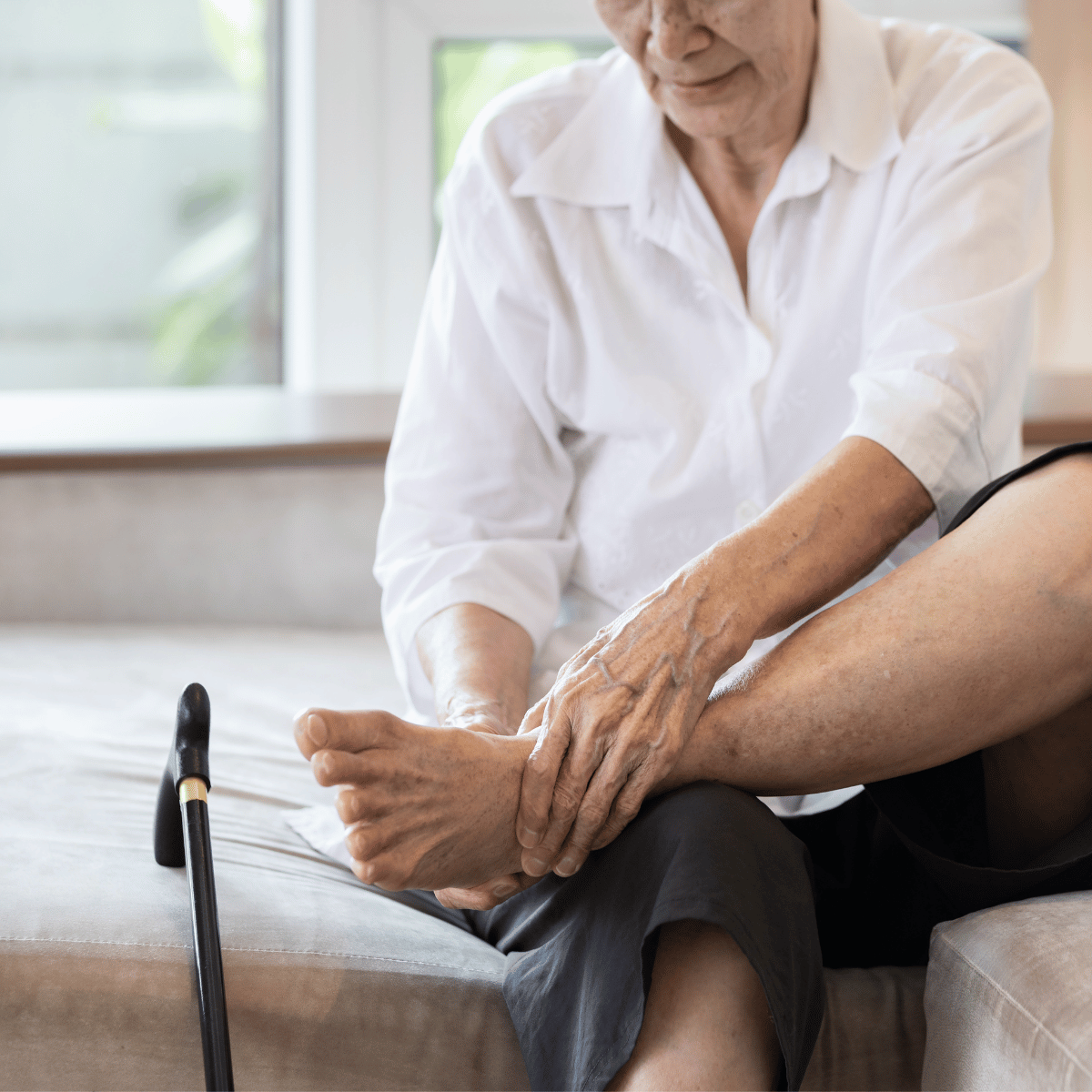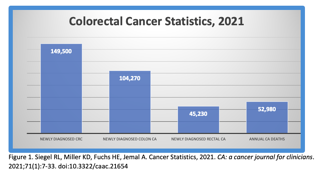The Battle Against Breast Cancer: The Power of Community Support
In the realm of healthcare and medical journeys, none might be more personal and challenging than a diagnosis of breast cancer. It's a life-altering...
2 min read
 Cancer Support Community
May 23, 2023 4:42:33 PM
Cancer Support Community
May 23, 2023 4:42:33 PM

Peripheral neuropathy is a common side effect of cancer and its treatments, affecting many patients during and after their fight against the disease. This article will explore the symptoms, causes, effects on everyday life, and available treatments for neuropathy. We will also provide information on support services and how to connect with fellow cancer survivors who may be experiencing similar challenges.
Peripheral neuropathy occurs when the peripheral nerves, responsible for carrying messages between the brain, spinal cord, and the rest of the body, are damaged or disrupted. This can result in a variety of symptoms, including:
Peripheral neuropathy can be caused by various factors, such as:
Peripheral neuropathy can significantly impact a patient's daily life, affecting their ability to work, participate in hobbies, and maintain social connections. Pain, numbness, or muscle weakness may limit mobility and make everyday tasks challenging. Additionally, neuropathy can lead to mental health issues like depression and anxiety due to chronic pain and the loss of independence.
While there is no cure for peripheral neuropathy, various treatments can help manage symptoms and improve the quality of life. These may include:
Cancer Support Community Central Ohio understands the challenges cancer patients and survivors face, particularly those dealing with peripheral neuropathy. We offer various support services, including support groups and educational programs, to help individuals navigate their cancer journey. Connecting with others who have experienced similar challenges can provide emotional support, practical advice, and encouragement. Learn more about our programs here.
Peripheral neuropathy is a common side effect of cancer treatments that can significantly impact daily life. Understanding the symptoms, causes, and available treatments can help patients manage their condition and maintain a good quality of life. Remember, you are not alone in your journey. We're here to help! Read our support stories.
Additional Resources:
https://www.cancer.gov/about-cancer/treatment/side-effects/nerve-problems
https://www.cancersupportcommunity.org/article/pain-neuropathy

In the realm of healthcare and medical journeys, none might be more personal and challenging than a diagnosis of breast cancer. It's a life-altering...

Colorectal cancer by the numbers Globally, colorectal cancer (CRC) is the 2nd most common cancer in females and the 3rd most common cancer in males....

When navigating the complex journey of a cancer diagnosis, wellness often seems like an elusive concept. However, focusing on good nutrition and...